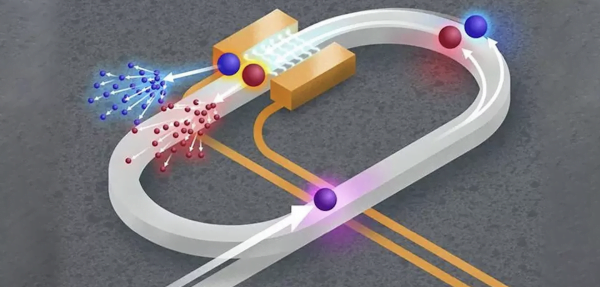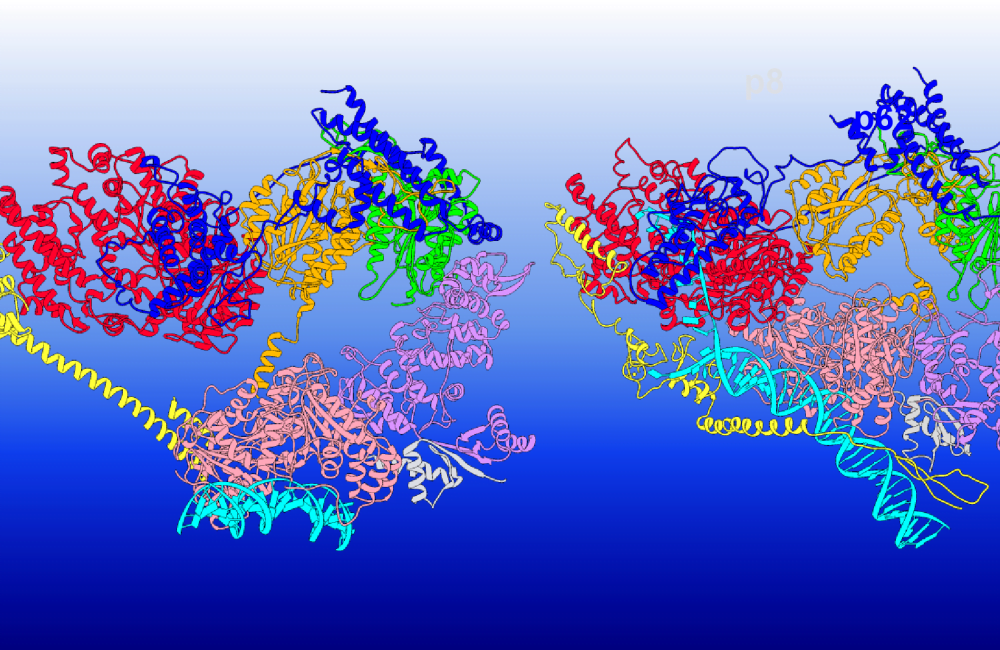
Accurately calculating interactions among electrons has been a significant obstacle to reliable material exploration and design through computer modeling. Recently, a University of Michigan-led international team demonstrated code that brought quantum mechanical accuracy for large systems into the range of today’s supercomputers. The Association for Computing Machinery has now recognized this breakthrough through the Gordon Bell […]

Supercomputing remains largely an on-premise affair for many reasons that include horsepower, security, and system management. Companies need more time to move workloads to the cloud, but the options are increasing. (See the recently posted HPC-AI forecast from Intersect 360 Research.) The post Scientific Computing Options Maturing in the Cloud appeared first on HPCwire.

The Department of Energy’s Office of Science has allocated supercomputer access to a record-breaking 75 computational science projects for 2024 through its Innovative and Novel Computational Impact on Theory and Experiment, or INCITE, program. DOE is awarding 60% of the available time on the leadership-class supercomputers at DOE’s Argonne and Oak Ridge National Laboratories to […]

Scientists have made an important step toward developing computers advanced enough to simulate complex natural phenomena at the quantum level. While these types of simulations are too cumbersome or outright impossible for classical computers to handle, photonics-based quantum computing systems could provide a solution. The post Scientists Edge Toward Scalable Quantum Simulations on a Photonic […]

Navigating the complexities of scientific research often involves juggling large data sets, multiple tools, and specialized software–especially in the realm of high performance computing (HPC). In an environment where the lack of reproducibility in scientific studies is a growing concern, tools that enhance accuracy and consistency are invaluable. In the Ebbert Lab, a part of […]

Predicting extreme weather events allows governments to issue safety announcements and warnings and arrange evacuations. As a result, thousands of lives can be saved. Thankfully, extreme weather events don’t happen very often, although the US is one of the most affected countries in the world. As severe weather can be so dangerous, various technologies can be […]

Here are five papers from the Quantum Science Center (ORNL), Intel, the University of Science and Technology of China, the Quantum Information Sciences Section (ORNL) and University College Dublin that tackle the topics above. All were posted to arXiv in July. The steady flow of papers tackling quantum computing, even through the summer, is impressive. […]

The data centers and high-performance computers that run artificial intelligence programs, such as large language models, aren’t limited by the sheer computational power of their individual nodes. It’s another problem — the amount of data they can transfer among the nodes — that underlies the “bandwidth bottleneck” that currently limits the performance and scaling of […]

New research revealing how honeybees can make fast and accurate decisions, which could help to design more efficient robots and autonomous machines, has been published by scientists at the University of Sheffield. The post Honeybees Make Rapid, Accurate Decisions and Could Inspire Future of AI, Study Suggests appeared first on HPCwire.

Transcription factor IIH, or TFIIH, pronounced “TF two H,” is a veritable workhorse among the protein complexes that control human cell activity. It plays critical roles both in transcription — the highly regulated enzymatic synthesis of RNA from a DNA template — and in the repair of damaged DNA. But how can one protein assembly […]










